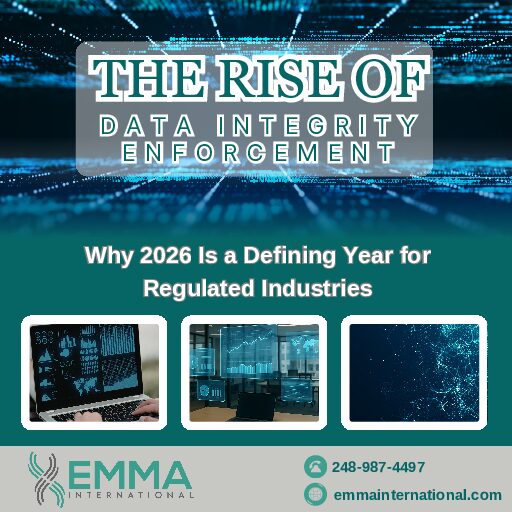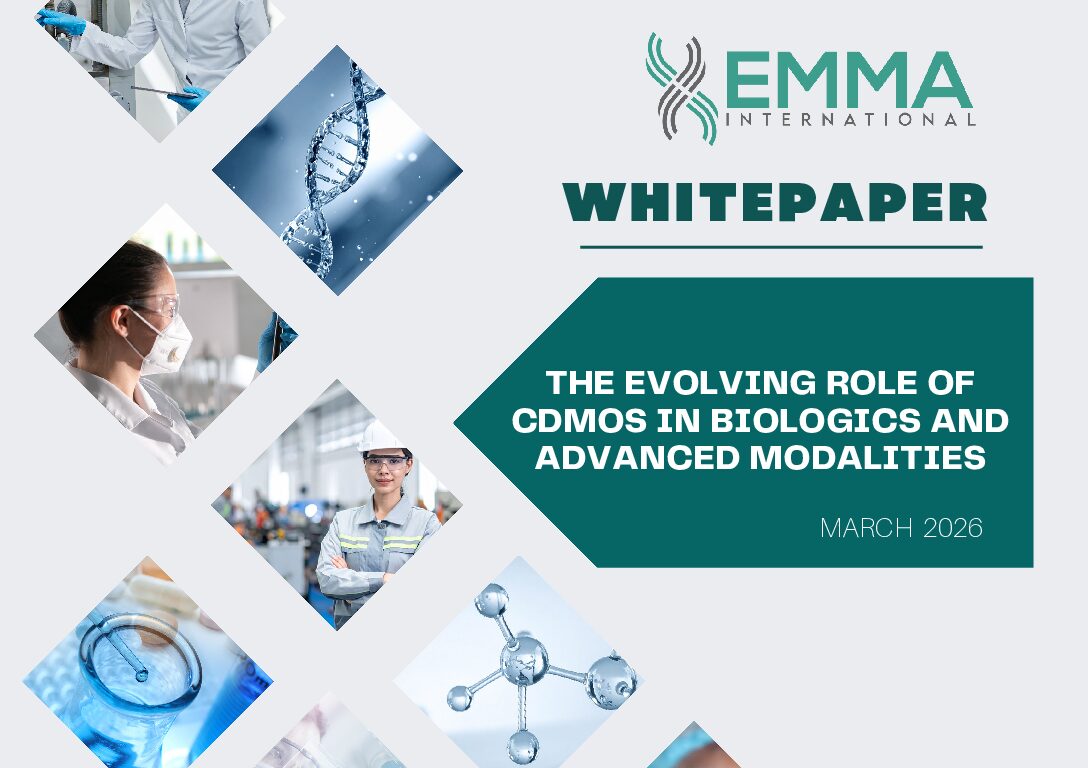In the intricate and highly regulated world of pharmaceutical compounding, maintaining compliance with all relevant regulations is critical. For 503B compounding pharmacies, which operate as outsourcing facilities producing medications in bulk without patient-specific prescriptions, regulatory adherence ensures the highest standards of safety, quality, and efficacy. One of the most effective ways to achieve and maintain compliance is by performing a regulatory gap analysis. This blog will discuss why conducting a regulatory gap analysis is crucial for 503B compounding pharmacies.
A regulatory gap analysis is a systematic process used to identify the differences between current operational practices and the requirements set forth by regulatory authorities. For 503B compounding pharmacies, this means evaluating practices against standards imposed by the FDA and other pertinent regulatory bodies.
Key Benefits of Conducting a Regulatory Gap Analysis
1. Ensuring Compliance with FDA Regulations
503B compounding pharmacies must adhere to stringent FDA regulations, which include Current Good Manufacturing Practices (cGMP). A regulatory gap analysis helps identify areas where the pharmacy may not fully comply with cGMP requirements, enabling corrective actions to be taken proactively. This is essential for avoiding FDA warning letters, fines, or even facility shutdowns.
2. Enhancing Patient Safety
At the core of all pharmaceutical regulations is the safety of the patient. By conducting a thorough gap analysis, 503B compounding pharmacies can ensure that their processes, equipment, and practices meet the highest safety standards. Identifying and addressing gaps minimizes the risk of contamination, incorrect dosages, and other issues that could compromise patient health.
3. Improving Operational Efficiency
A regulatory gap analysis can uncover inefficiencies within a pharmacy’s operations. By aligning practices with regulatory standards, pharmacies can streamline their processes, reduce waste, and enhance overall productivity. This not only helps in maintaining compliance but also contributes to better business performance and cost-effectiveness.
4. Preparation for Regulatory Inspections
Regulatory inspections by the FDA and other bodies can occur at any time. A regulatory gap analysis prepares a 503B compounding pharmacy for these inspections by ensuring that all practices, documentation, and facilities are up to standard. This preparation reduces the stress and potential negative outcomes associated with surprise inspections.
5. Mitigating Legal and Financial Risks
Non-compliance with regulatory standards can lead to significant legal and financial repercussions, including fines, litigation, and loss of business licenses. A regulatory gap analysis helps identify and rectify compliance issues before they escalate, mitigating these risks and protecting the pharmacy’s financial health and legal standing.
6. Supporting Continuous Improvement
The pharmaceutical industry is continually evolving, with new regulations, technologies, and best practices emerging regularly. A regulatory gap analysis supports a culture of continuous improvement by regularly assessing and updating practices to stay ahead of regulatory changes and industry advancements.
For 503B compounding pharmacies, performing a regulatory gap analysis is not just a compliance exercise—it is a strategic imperative. It ensures that the pharmacy operates within the bounds of the law, prioritizes patient safety, enhances operational efficiency, and builds trust within the healthcare community. By proactively identifying and addressing regulatory gaps, 503B compounding pharmacies can maintain the highest standards of practice, mitigate risks, and contribute to the overall quality and safety of compounded medications.
Trust the experts at EMMA International to conduct a thorough and comprehensive gap analysis for your 503B compounding operations. As the industry-leading experts in end-to-end pharmaceutical compliance, you can trust the experts at EMMA International to support your compliance journey from start to finish. Call us at 248-987-4497 or email info@emmainternational.com to learn more.




